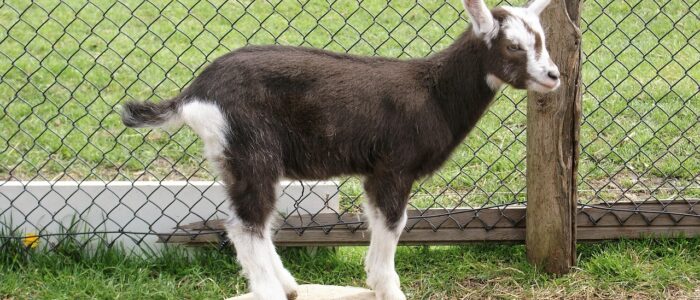Advice for Staying Safe when Visiting Farms and Petting Zoos
With the school holidays underway, NHS Forth Valley is reminding the public of how best to avoid catching stomach bugs during visits to petting zoos and farms.
Each year people in the Forth Valley become unwell with bugs like cryptosporidium and E.coli after contact with livestock or zoo animals. People with weakened immune systems, older people and those living with chronic illnesses are most at risk from the effects of these infections.
These infections affect both animals and humans, leading to stomach illnesses and other health complications which can result in the need for hospital treatment. While animals may not always display noticeable symptoms of illness, infected animals can pass on these bugs, contaminate the environment around them and pose a risk to humans.
Infections can be picked up from the animal’s body, its poo or from areas where animals have recently been. Those infected can also then spread it to other people.
Following these simple tips can help reduce the risk of becoming unwell:
- Wash your hands thoroughly with soap and water and ensure children also do this
- after any contact with animals, fences or other surfaces close to areas with animals
- before eating or drinking and only do this in designated picnic areas or cafes.
- Don’t kiss animals or allow children to put their faces close to animals.
Anyone who has any symptoms of a stomach illness, such as vomiting or diarrhoea, within two weeks of visiting a farm or zoo should contact their GP Practice or call NHS 24 on 111 as soon as possible. Although less common, if a person has bloody diarrhoea after a recent visit to a farm or zoo, they should seek immediate emergency medical attention.
People who develop stomach bugs can easily pass these on to others, and so should not attend work, school or nursery until they have been free of symptoms for at least two days. People who handle food, children under 5 years and those who work closely with medically vulnerable people should discuss with their GP or their local health protection team before returning to work, school or nursery.
Dr Jennifer Champion, Acting Director of Public Health, NHS Forth Valley, said: “Visits to zoos and working farms can be great fun for families however, unfortunately, there is a risk of picking up stomach bugs during these visits.
“The best way to reduce the risk is by washing your hands thoroughly with soap and ideally hot running water, if available, immediately after you have had any contact with animals. Wipes and hand gels are much less effective in eliminating infections such as cryptosporidium so soap and water is the best defence.
“It’s also really important to wash your hands before you eat or drink anything during the visit and do this in cafes or designated picnic areas well away from any animals.
“Taking these simple steps will ensure you are able to enjoy your day out while reducing the chances of falling ill afterwards.”





